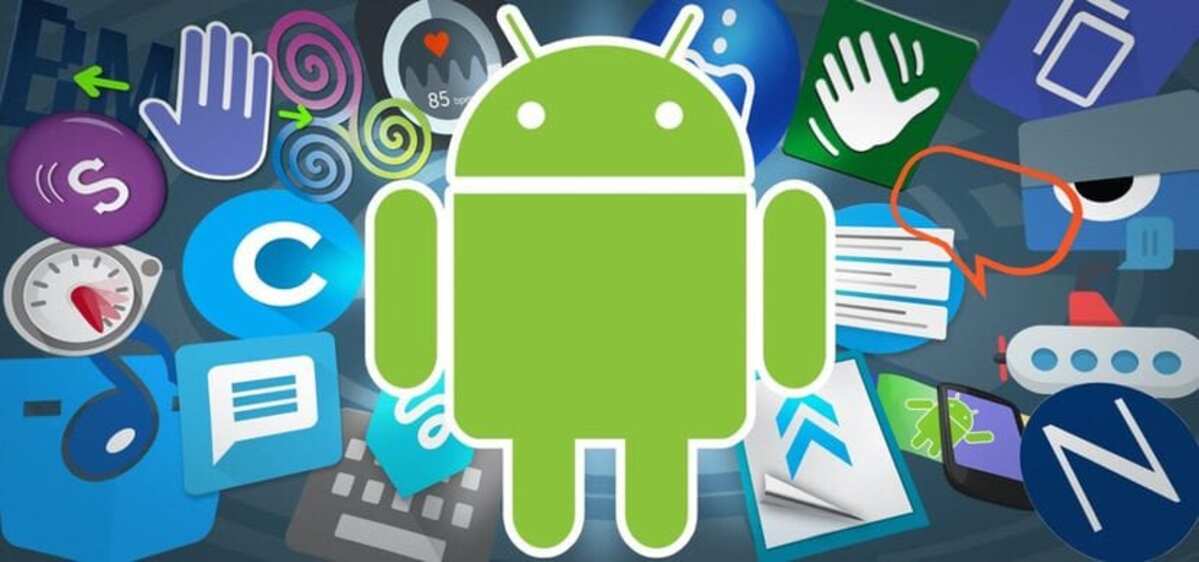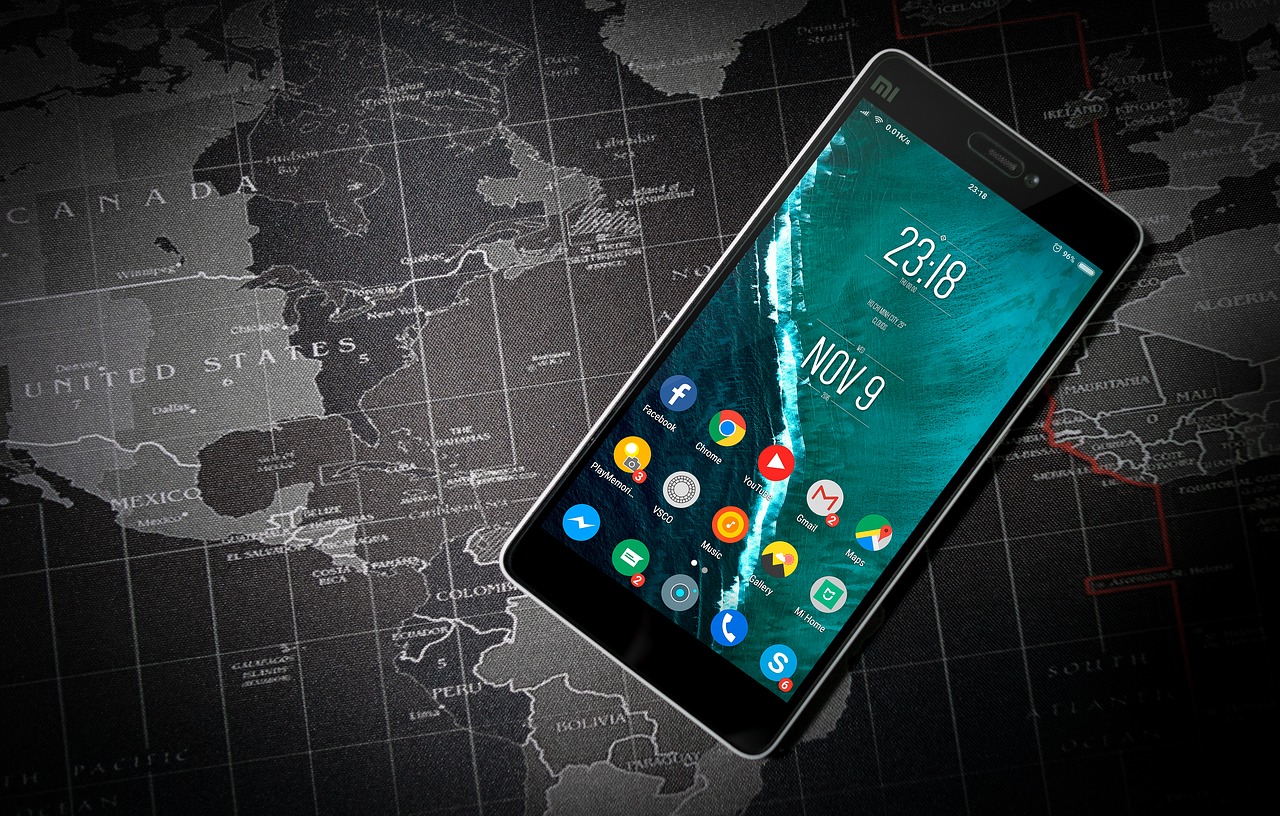
There are many applications installed on our phone, each of them with a significant consumption if they are usually in the background. Apps tend to consume both storage and battery, two fundamental elements that ultimately make the mobile device resentful when using it for other tasks.
It is appropriate to do a cleaning from time to time, making the terminal ready for the use that we want to give it, including being able to use a specific application. Many people do not know that resentment is caused by others to the battery, among them would be the load of apps.
We are going to teach you how to know which apps consume more resources on your android phoneFor this, the first thing is to follow a few guidelines. You can raise it some other application, which in the end will make the autonomy of the phone suffer, specifically the battery (known as battery).

The battery used by apps

The battery is a fundamental pillar in any device, a clear example is that of our smartphone, where it usually lasts for many hours if we use it normally. In many it is usually above average if we do not use the phone too much, for this the proper thing is that you use it as you usually do.
On the phone you can see the battery used by the applications, this sometimes makes it look resentful, but all this depends largely on the open applications. It is recommended the use of those that we use habitually and not to have processing anothers that they are worth nothing more than to consume.
To know the battery consumption of applications, Do the following:
- Go to Settings on your device
- Once inside “Settings” click on “Battery” and then click on “Battery use”
- It will show you a status of the used battery in the last 24 hours
- Check which applications consume more and try not to do so if you don't use it often, either by forcing it or eliminating it if we don't use it
- Background apps only do that, consume and not be used in the vast majority of cases
The battery is a fundamental pillar, therefore it is advised that depending on which applications may be running without the phone noticing. The battery becomes important, that is why it is best that you do not try to make it have a lower autonomy time than it has.
RAM used by apps

RAM memory is another of the fundamental pillars, thanks to it we can make many applications run more quickly, although it has to be said that the applications make a great consumption of them. An important step is to know the space that each of them occupies if we open one of them on our phone.
Depending on which application we use, it will consume more or less, but it is in the end a resource that we will always have in our hand. RAM is always left over, either for the system, application or other resource that we have, but it is always better that this usually rubs.
To know the amount of RAM used by apps, touch to access the developer options, this works on all phones with the Android system. To do this, do the following on your device:
- Open “Settings” and then hit “System”
- Click on “Developer options”, for this you can do it by clicking on “About phone” – Complication number and press a total of seven times on it, return to the previous option
- Now inside “System” it will show you “Developer Options”
- Click on “Running Services”, here it will show you the RAM that the phone is consuming
- Try to eliminate that application that consumes a lot and you have not opened, To do this, go to “Settings” and then to apps to block the same if we do not want to use it for some specific reason
Storage used by apps

Storage is an important part of any phone, so you have to always keep in mind to release the maximum possible if you have little left. Many of the current terminals usually have a memory of over 64 GB, enough to store almost any type of information.
Check from time to time how much storage each of the applications installed on the mobile uses, it is easy to access this point from the device settings. The more apps you install, the more storage used you will haveThis is something that normally happens.
To check the storage used by apps, Do the following:
- Access “Settings” on your phone
- Within the settings option click on “Storage” and then go to “Applications”
- Sort by size to see which app is the one that is consuming the most space
- The appropriate thing if you see that one grows more than normal is to delete its cache
Mobile devices have an internal cleaning tool, this can help us to clean the storage and what is usually duplicated. Thanks to it we can give a little space and eliminate files that are unnecessary in the long run.
The data used by apps

Currently mobile data plans are often at odds for what you pay, with rates that may be lower or higher if you get a voice plan plus data. You can control which application spends more data, so it is convenient that you consult this regularly.
The use of data from the applications sometimes reduces the rate, sometimes having to renew it if we do not want to work with it under the minimum speed. Control of this in the end is our job, which is worth taking into account if an application is consuming data in the background.
To verify this, do the following on the phone:
- Access “Settings” on your mobile phone
- Look for the “Networks and Internet” option and click on it
- Now look for the “Internet” setting
- Click on carrier settings and finally in “Application data usage”
Check any apps that are using too much data and if you see that you do not use it, close it if it is in the background, so that this does not happen again if you are using the 4G/5G connection. Messaging applications and others such as the browser tend to consume if they are in continuous use, the first above all.